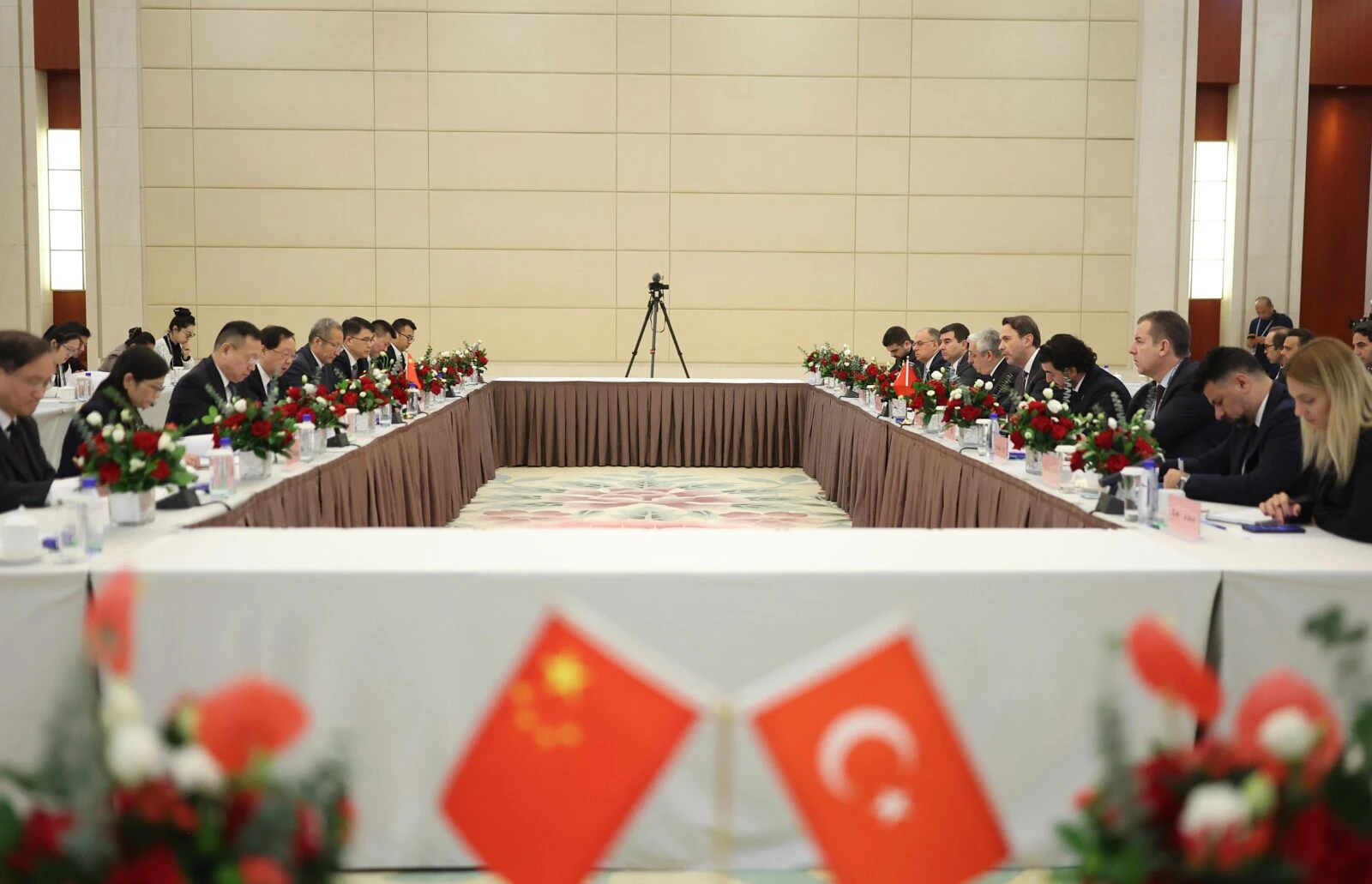Türkiye eyes nuclear energy alliance with China, plans modular reactor development – Türkiye Today
Türkiye’s Energy and Natural Resources Minister Alparslan Bayraktar met with representatives from China’s State Power Investment Corporation (SPIC) to explore potential cooperation in nuclear energy, particularly the development of small modular reactors (SMR).
The discussions come as Türkiye looks to expand its nuclear energy capacity to reduce its reliance on external energy sources and meet growing electricity demands.
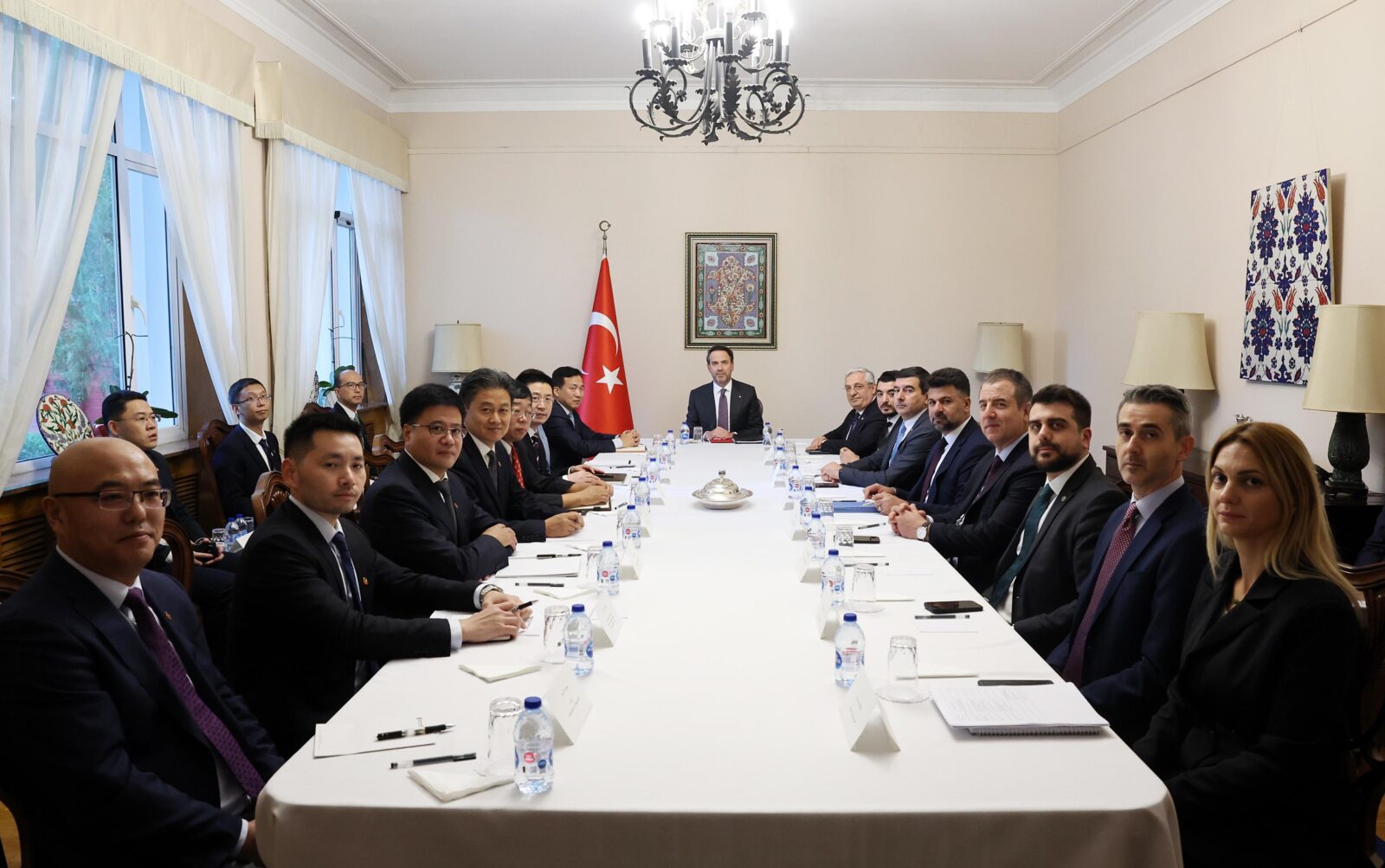
What are small modular reactors (SMRs)?
Small modular reactors (SMRs) are advanced nuclear reactors that have a power capacity of up to 300 megawatts electrical per unit, which is about one-third of the generating capacity of traditional nuclear power reactors. SMRs, which can produce a large amount of low-carbon electricity, are:
- Small – Physically a fraction of the size of a conventional nuclear power reactor.
- Modular – Making it possible for systems and components to be factory-assembled and transported as a unit to a location for installation.
- Reactors – Harnessing nuclear fission to generate heat to produce energy.
While still in development, SMRs are seen as a promising technology for countries seeking a balanced energy mix.
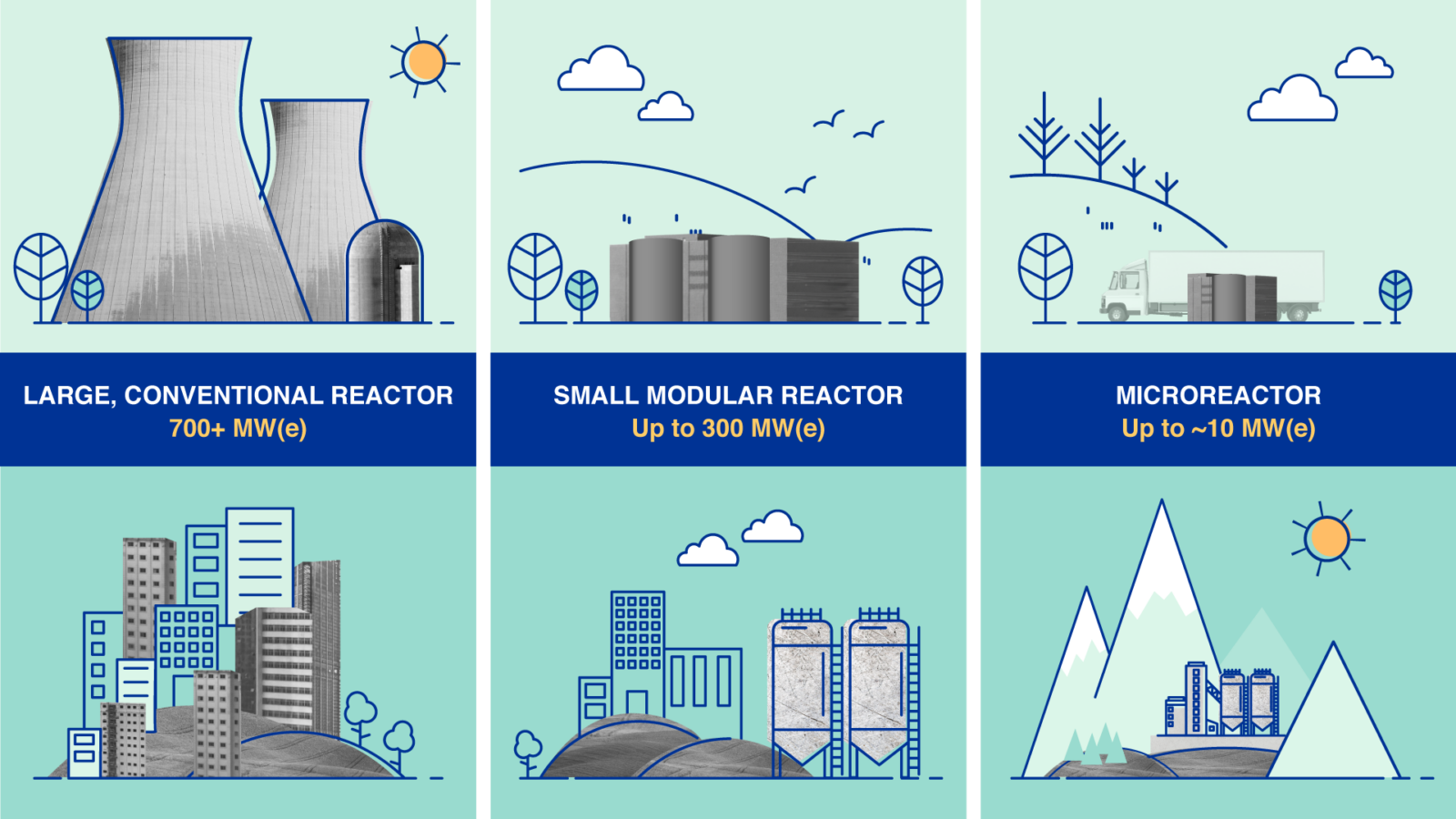
Legal framework for SMR development underway
According to a senior official who spoke to Reuters, Türkiye is preparing legislation that would allow for the construction of small modular reactors, which offer advantages in terms of cost, size, and proximity to consumption centers.
The draft law, expected to be presented to parliament next year, would make SMRs a viable option for Türkiye’s energy grid, which has relied increasingly on renewables like wind and solar power.
“SMRs could play a crucial role in our energy mix, complementing renewables while ensuring stable electricity production,” the official said.
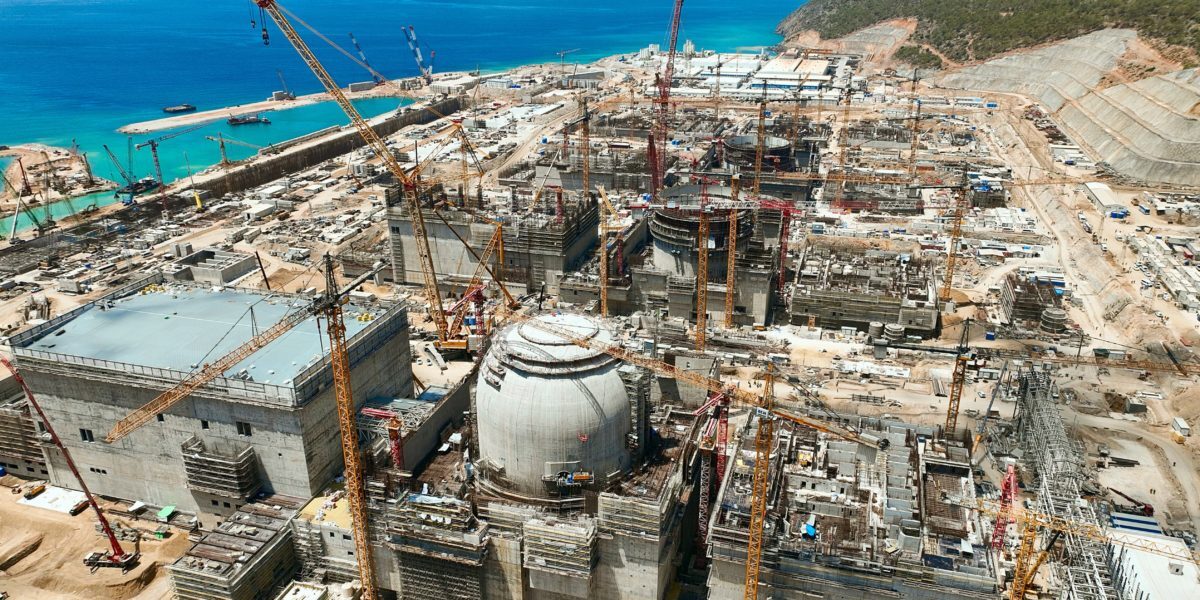
Türkiye’s ambitious nuclear plans
Türkiye is currently working on the construction of three major nuclear power plants with a combined capacity of 15,000 megawatts (MW). The Akkuyu Nuclear Power Plant is expected to become operational next year, while discussions are ongoing with Russia, South Korea, and China for additional plants in Sinop and Thrace.
Bayraktar also highlighted plans to add 5,000 MW of SMR capacity by 2050, as part of Türkiye’s goal to reach 20,000 MW of nuclear power. “We want to diversify our energy portfolio with both large-scale and small modular reactors,” he stated.
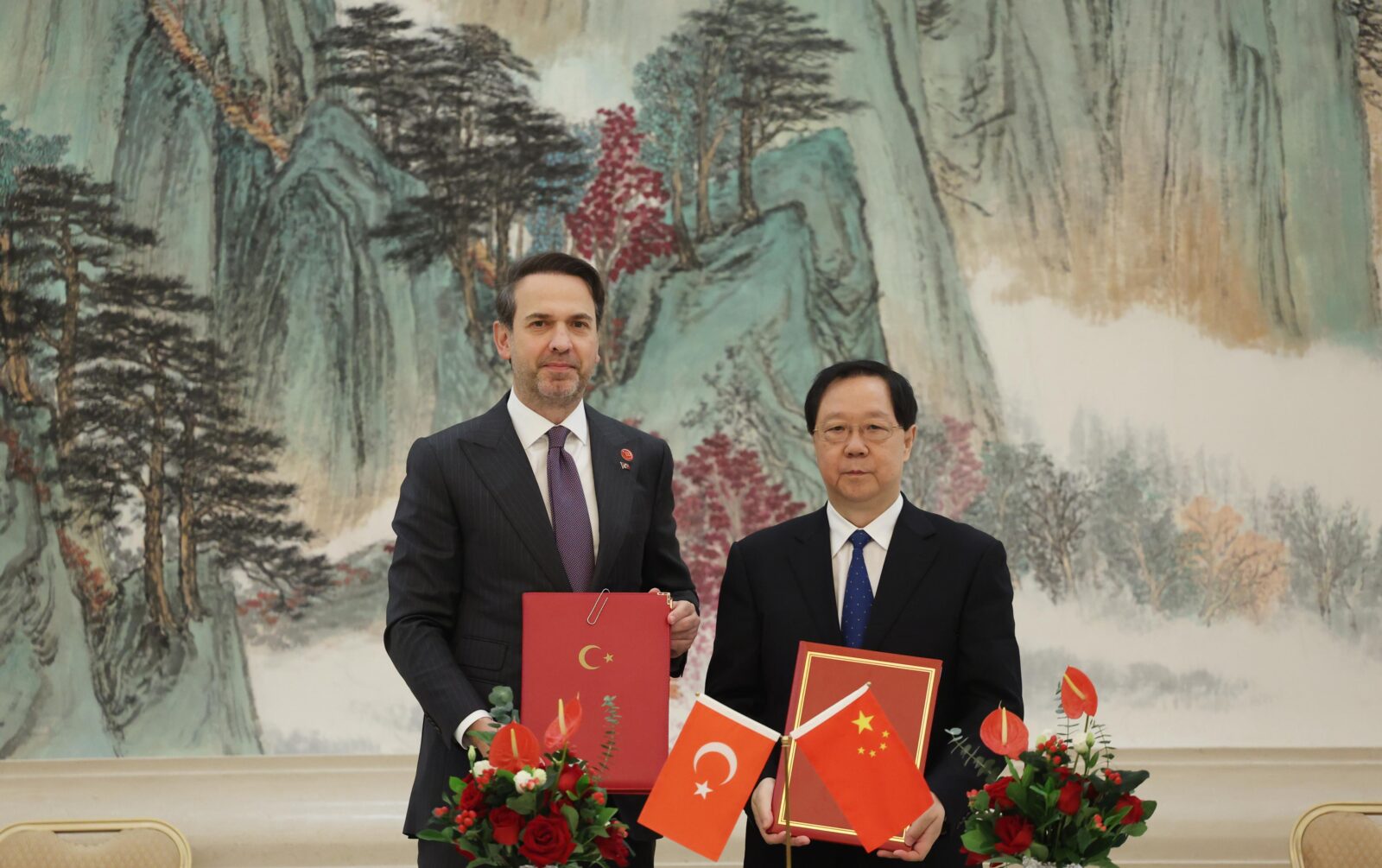
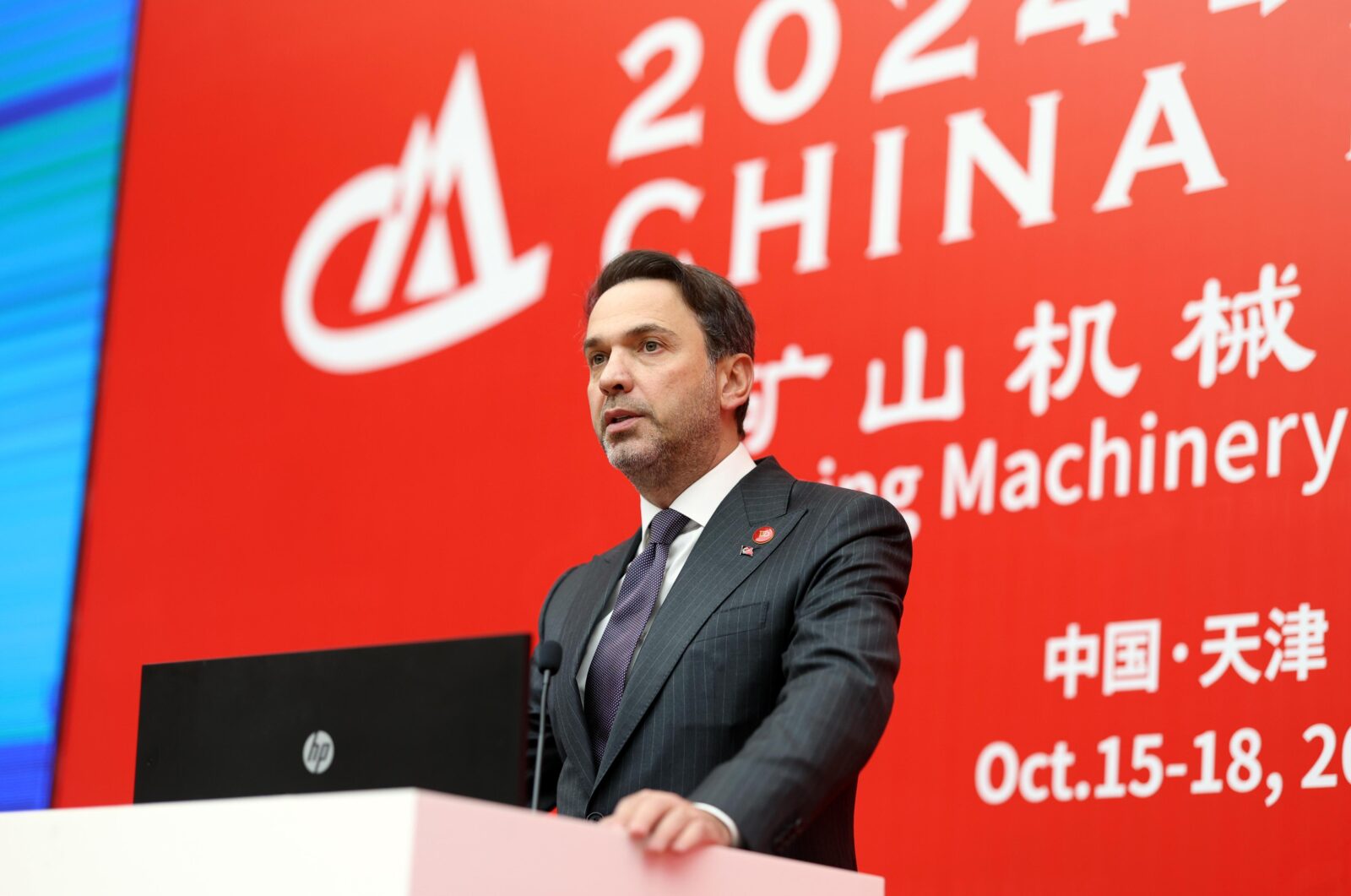
The 12th Development Plan, published by the Presidency of the Republic of Türkiye Strategy and Budget Directorate for 2024–28, states that in addition to the Akkuyu Nuclear Power Plant, the use of nuclear energy in the country will become widespread by increasing electricity generation with the additional new nuclear power plants and domestic SMR.
Investments in renewable energy, electrification, energy efficiency, green hydrogen and energy storage will play a critical role for the 2053 net zero emission target.
In addition, new nuclear power plants in addition to Akkuyu NPP and domestic small modular reactors (SMR) will increase electricity generation and expand the use of nuclear energy in Türkiye.
12th Development Plan

China and Türkiye deepen energy ties
Bayraktar’s meeting with SPIC officials builds on previous discussions with both American and Chinese companies regarding SMR technology. SPIC, one of China’s largest energy firms, has expressed interest in furthering collaboration with Türkiye across both nuclear and renewable energy sectors.
In a social media post, Bayraktar emphasized the importance of energy security and reducing foreign dependence. “Our discussions with SPIC focus on potential cooperation in both large-scale nuclear projects and small modular reactors that can contribute to our long-term energy goals,” he said.

